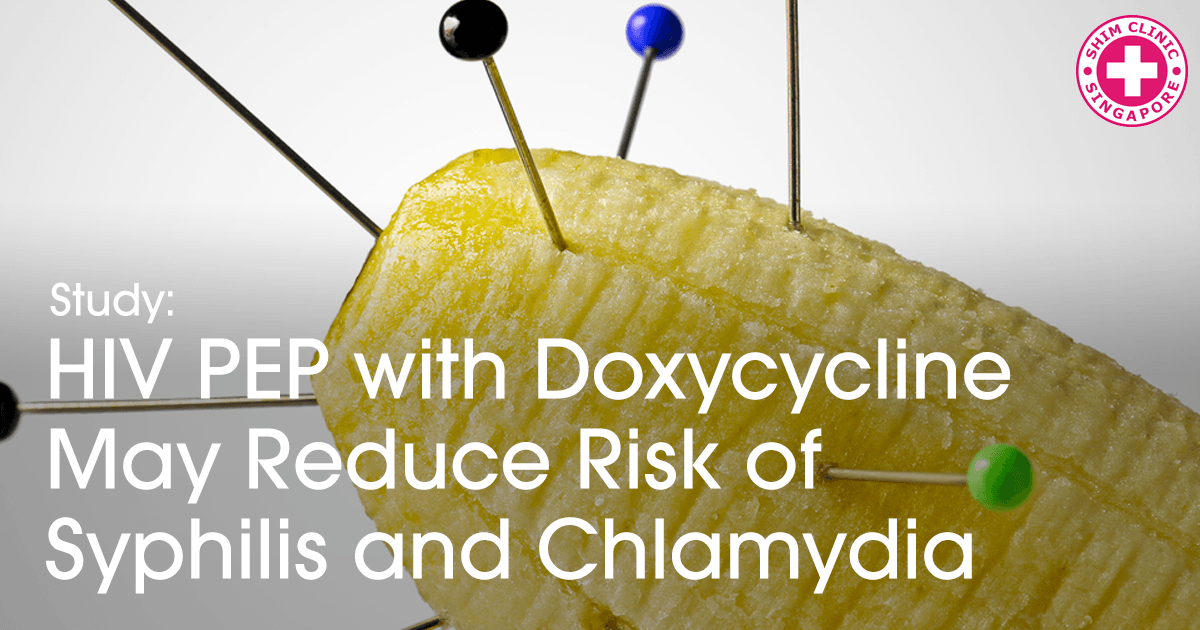Men having sex with other men (MSM) and those who identify themselves as gay engaging in high risk sexual behavior such as having sex without using protection may get protection from HIV and other sexually transmitted diseases (STDs) if they use post-exposure prophylaxis (HIV PEP) with doxycycline.
PEP is an emergency drug taken after someone comes into possible exposure to the HIV virus to prevent them from getting infected. This could be after rape, a broken condom or exposure to an HIV+ patient’s blood in the case of healthcare providers.
PEP is meant for emergency cases only and should be administered within 72 hours after exposure and should be taken once or twice daily for 28 days for maximum effectiveness.
A study conducted by Lancet found that if doxycycline is administered within 24 hours after unprotected sex it could reduce the risk of STIs in high-risk men such as MSMs.
High Rate of STIs among MSMs
There is a high rate of STIs among gay and MSMs leading to the need to assess whether PEP containing doxycycline could possibly reduce the incidence of STIs in this population. The study found that 71% of gay men had asymptomatic STIs.
The study involved 232 MSMs in France aged 18 years and above. They were randomly put into two groups. One received PEP with doxycycline and the other one did not receive PEP.
These men were using HIV pre-exposure prophylaxis (PrEP) for HIV and were having sex with an average of 10 partners every two months.
The researchers then observed any occurrence of either gonorrhoea, chlamydia, or syphilis during the 10-month follow-up period.
The study found that those taking PEP with doxycycline after sex had a 70% reduced risk of getting chlamydia and syphilis compared to those who were not taking PEP.
73 participants were diagnosed with a new STI during follow-up. 28 of these were in the PEP receiving group while 45 were in the group not receiving PEP. However, there was no marked reduced risk of gonorrhoea despite taking PEP.
The scientists feel that this discovery could go a long way to reduce new cases of STIs among this high risk population. They therefore, urge selective introduction of PEP with doxycycline among the highest-risk MSM.
STI Prevention Interventions Still Necessary
However, because PEP is currently recommended for emergency cases only and not as a daily preventive drug, it’s important to intensify STI prevention interventions especially among MSMs who are reported to have the highest prevalence of STIs.
MSMs should be encouraged to use condoms for safe sex even if they are using HIV PrEP a drug that has greatly reduced the risk of HIV infection among this population.
Unfortunately, PrEP does not offer similar protection against STIs hence the increased prevalence of STIs among this high risk group. It’s for this reason why even as we try to fight HIV, education about how to protect onself against other STIs is still important because these are still life threatening especially if they go untreated for long.
Source: The Lancet Infectious Diseases

